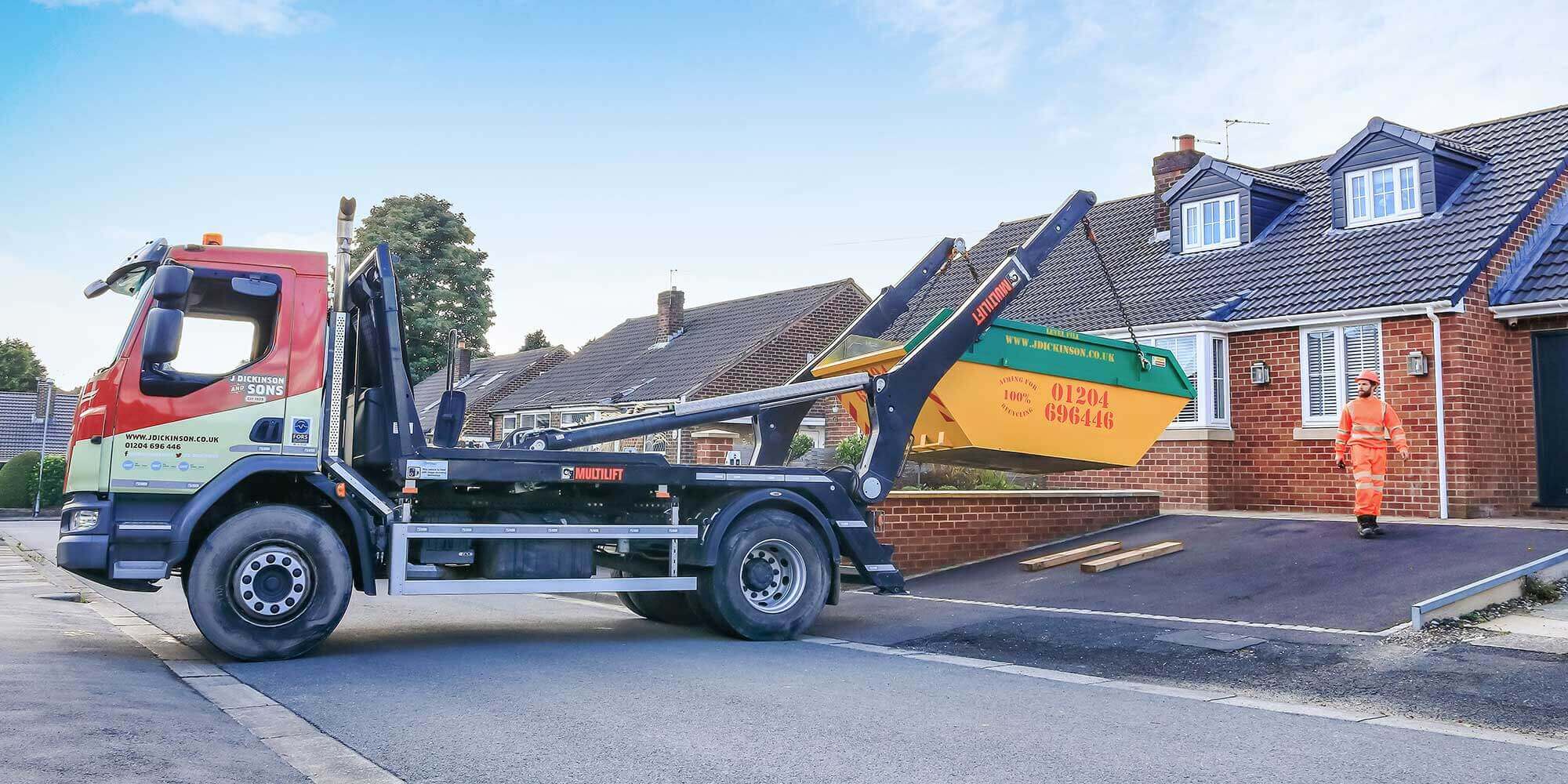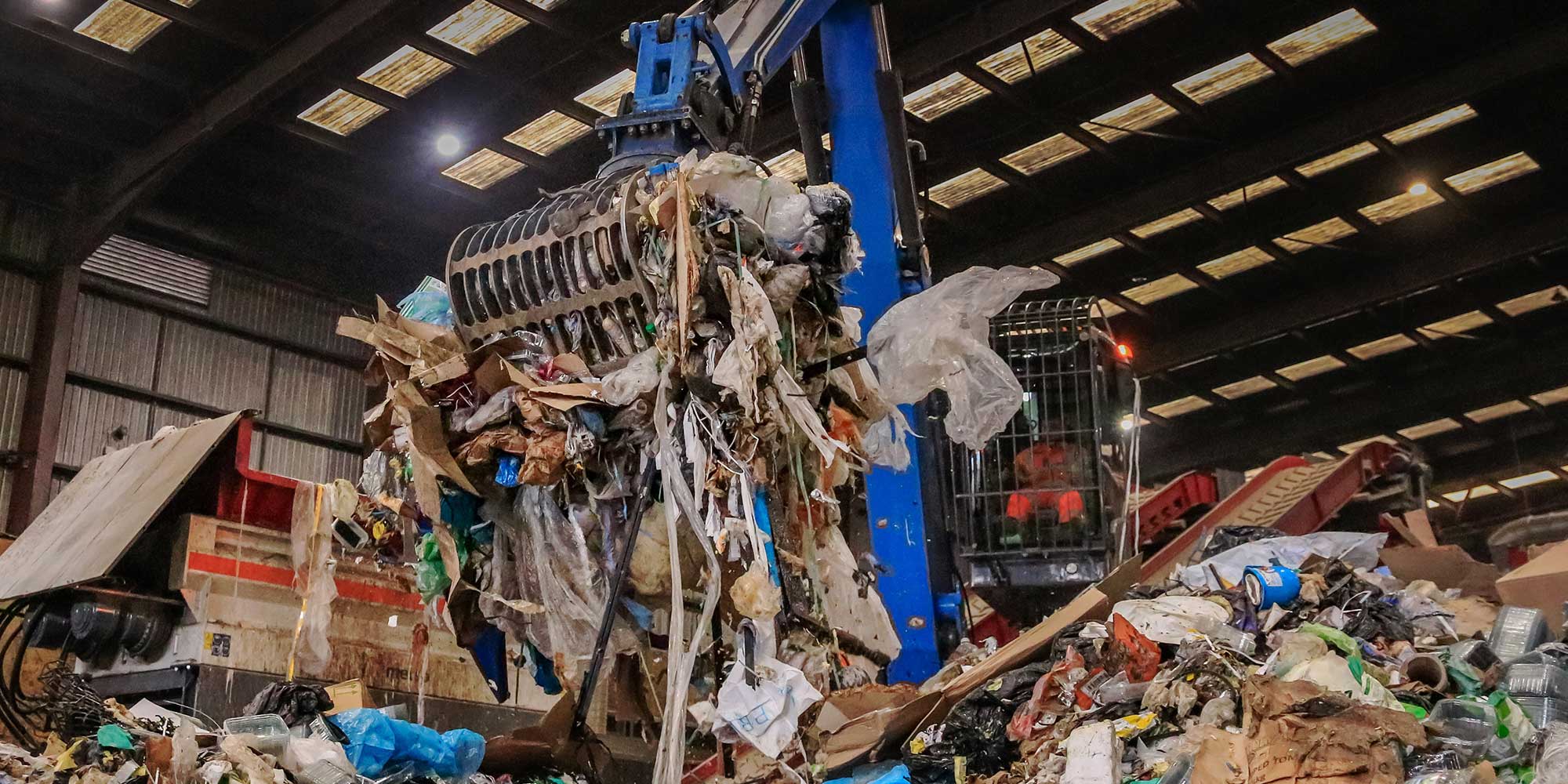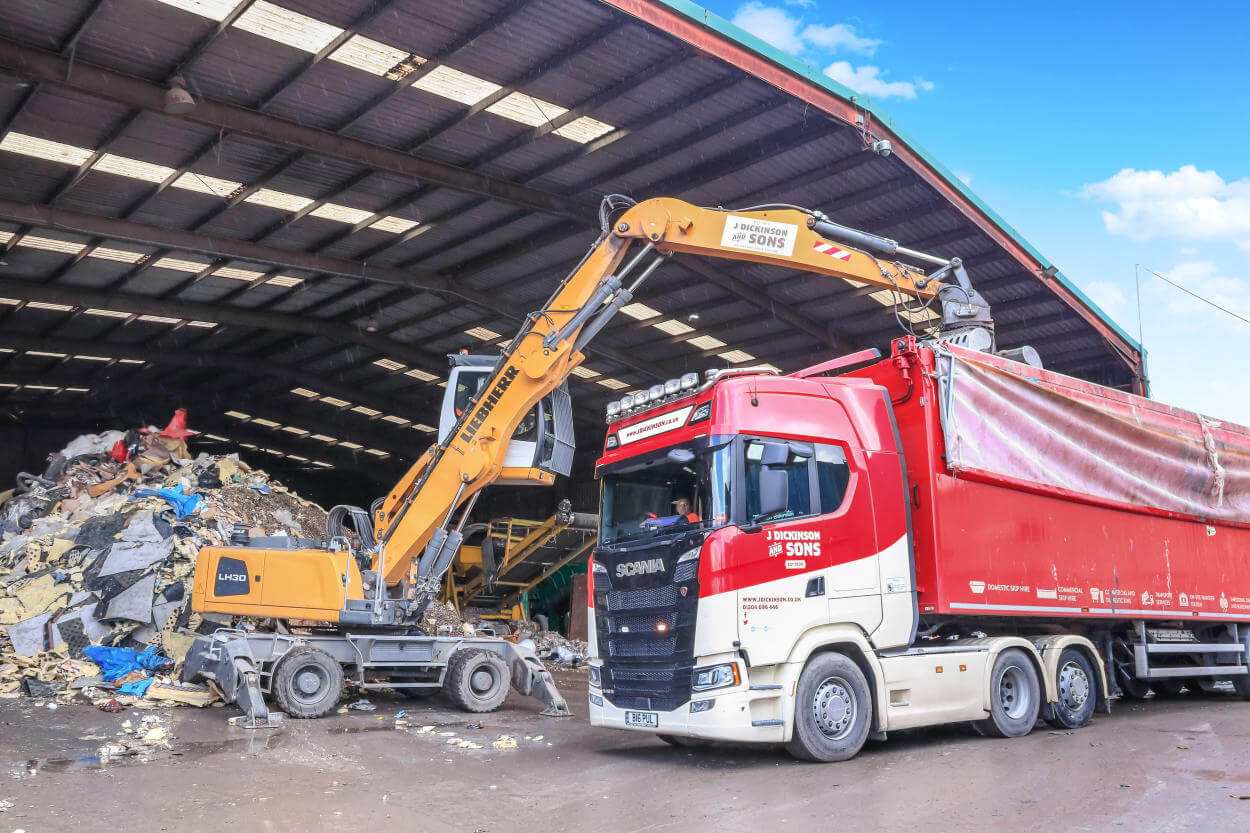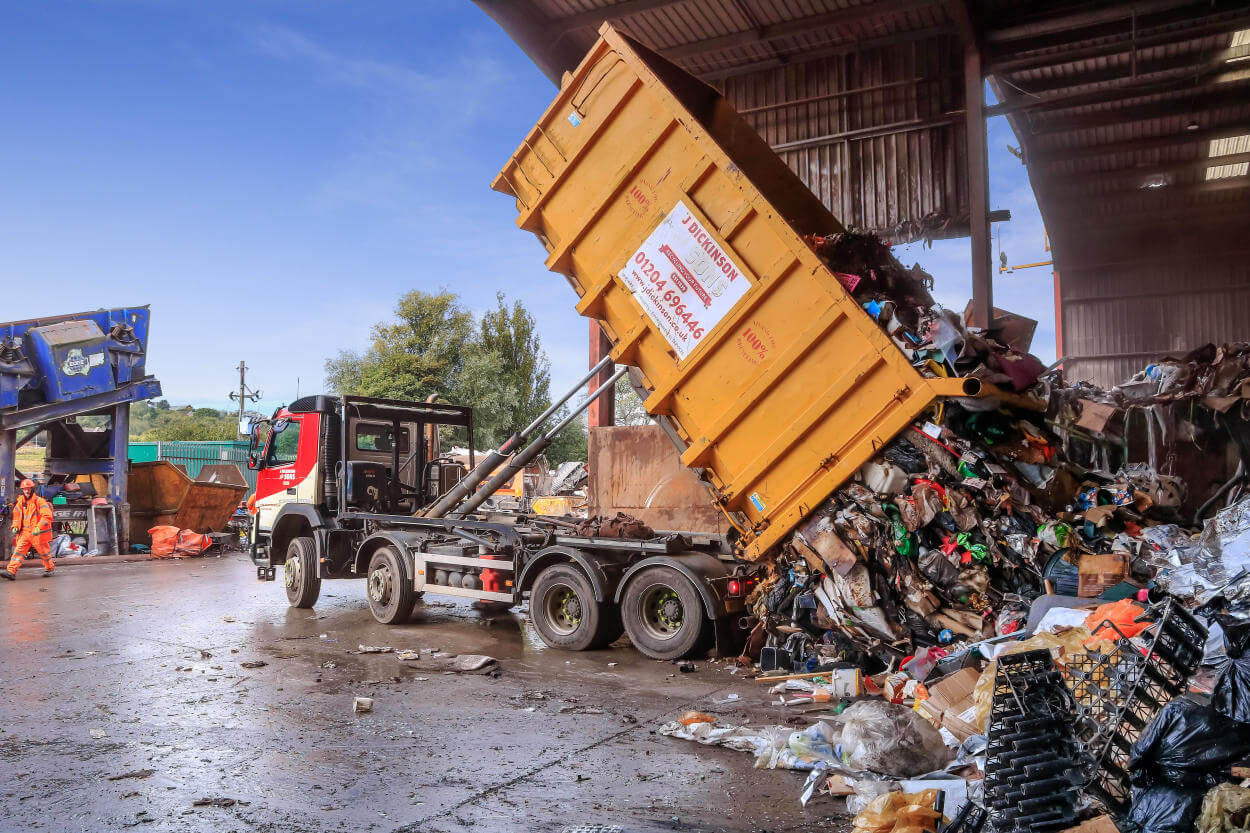Many of our Bolton skip hire customers are planning home improvements, and with the lighter evenings of summer coming up, it’s the perfect time of year to finish off any DIY projects you delayed during winter.
Here are five top tips for things you should keep in mind when planning DIY projects, including a few things to think about if you’re looking for DIY skip hire in Bolton.
1. Plan in advance
Some small DIY jobs can be a spur of the moment thing but for anything larger, you’re going to want to arrange skip hire in advance and buy any new materials you need too.
With some careful planning you can make sure you have everything you need to carry out a clean and safe job to a high standard – all without facing an unexpected trip to the builder’s merchant in bank holiday traffic.
2. Tools of the trade
It might be worth investing in a few new tools that are best suited to the project you are taking on – they don’t have to cost the earth but they can make a big difference to the standard of finish that you are able to achieve.
Some examples of DIY tools you might want to add to your collection include:
- Mains-powered drill and good quality drill bits.
- A good selection of flat-head and cross-head screwdrivers in different sizes.
- New paintbrushes or rollers and pots or trays for the paint.
Different DIY jobs will need different tools but by buying just one or two each time you tackle some home improvements, you’ll build up your toolbox over time.
3. Clean as you go
It’s easier to keep rooms clean and tidy as you go along than it is to try and work in mounds of dust and rubble.
With our easy access skip hire you can dump waste materials in a matter of seconds to keep your workspace clear.
Remember to put down dust sheets if you’re removing paint or sanding down wood or plasterwork, and use masking tape to protect areas that aren’t supposed to be painted.
4. Take your time
A job done well should not be rushed! It’s worth taking the time to apply primer or undercoat, as well as several top coats of paint, for a less patchy finish that will last for longer before it starts to flake or peel.
This again builds on the planning you have already done, including masking off and protecting exposed areas, so you get the best quality of finish first time and save having to redo the job at a later date.
5. Finish it off
Last but not least, don’t neglect the finishing touches of a job well done – neat edges, a proper clean-up and so on.
This is where skip hire helps again by making sure you have plenty of space to throw out any remaining bulky waste materials and leave your home spick and span.
Plan ahead, take your time, and clean up when you’re done, and any DIY job should come out looking better than if you just plough headlong into it on the spur of the moment.
Share this




